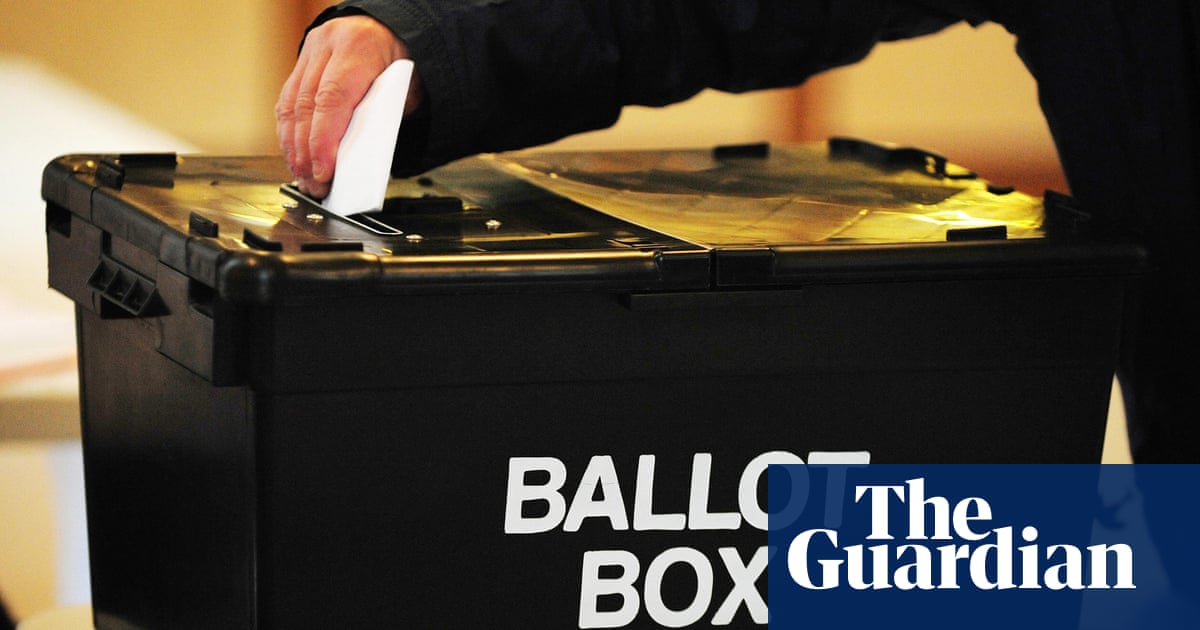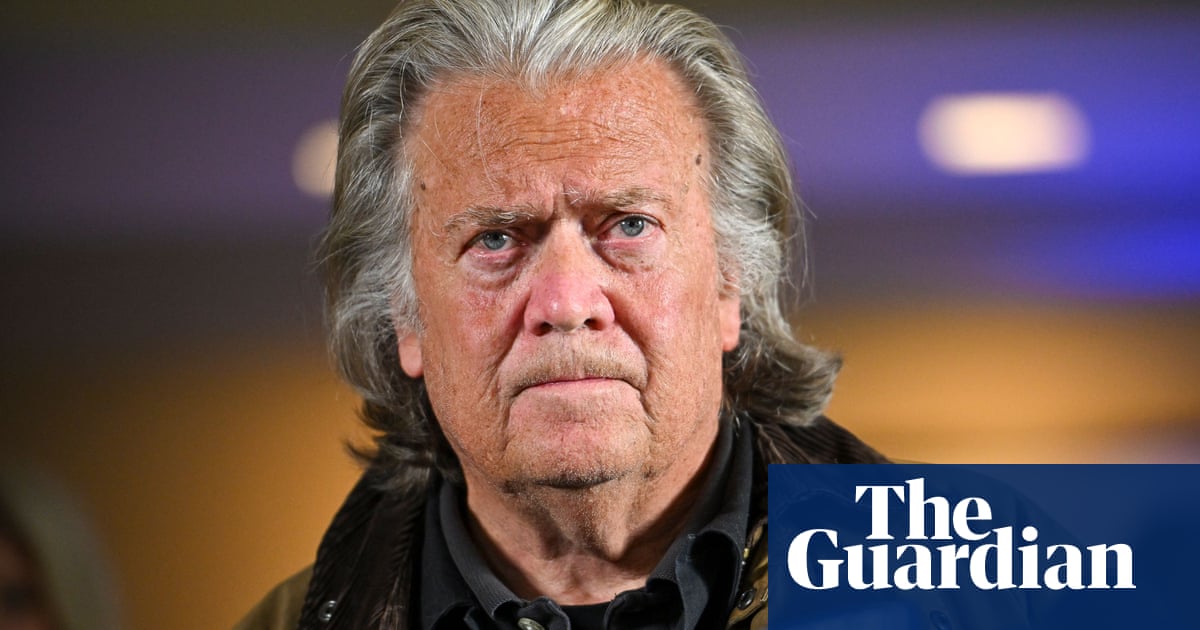Israel carries out airstrikes in Lebanon after Hezbollah rocket fire
Israel carried out a series of airstrikes in the Nabatieh district, south Lebanon, in response to Hezbollah rocket fire near a watchtower, the first time the group has attacked Israel since a ceasefire came into effect Wednesday morning last week.
Hezbollah had launched two rockets near a watchtower in the occupied Shebaa farms earlier on Monday night. They landed in an open area and caused no injuries. In a statement, the group said the attack on the watchtowers was an “initial warning defensive response” against “repeated violations” by Israel of the ceasefire agreement.
An Israeli military spokesperson said that the army was attacking targets in Lebanon but would give “further details later”. An hour earlier, Israeli PM Benjamin Netanyahu vowed a “strong” response to Hezbollah’s attack.
The Israeli airstrikes constituted the most serious attacks since the ceasefire was established on Wednesday. The resumption of tit-for-tat strikes in south Lebanon and north Israel has caused concern that fully fledged fighting between Hezbollah and Israel could resume just five days after a ceasefire was announced.
Key events Show key events only Please turn on JavaScript to use this feature
Israel-Hezbollah ceasefire in Lebanon has not broken down – US Department of State
William Christou
Western diplomats have reportedly cautioned Israel to be less aggressive in its attacks on Lebanon and urged it to allow the monitoring mechanism, which is meant to supervise the ceasefire, to begin its work.
US Maj Gen Jasper Jeffers arrived in Beirut on 27 November to co-chair the ceasefire committee alongside the US envoy to the region, Amos Hochstein.
During a briefing with reporters on Monday, US state department spokesperson Matthew Miller said that the ceasefire had not broken down and the US-led enforcement mechanism would address violations.
If we do see violations of the ceasefire, we’ll go to the parties and tell them to knock it off,” Miller says.
Lebanon state media says Israel struck southern areas
Lebanon state media says Israel struck southern areas 20km (12.5 miles) from the border.
Lebanese official media reported Israeli strikes on southern areas far from the border on Monday evening, hours after Hezbollah claimed an attack on an Israeli position days into a fragile ceasefire, AFP writes.
Enemy warplanes launched strikes... (on) the outskirts of the town of Jbaa,” as well as the Deir al-Zahrani area, the National News Agency said.
The agency later also reported “a series of air strikes” close to two villages near Jbaa.
The Israeli military said it was currently striking “terror” targets in Lebanon amid mutual accusations of ceasefire violations between Israel and Lebanese armed group Hezbollah.
The announcement comes after a Hezbollah attack earlier in the day targeting an Israeli military position in a disputed area on the Israel-Lebanon border, the group’s first since the truce took effect on Wednesday, Agence France-Presse (AFP) reports.

Israel carries out airstrikes in Lebanon after Hezbollah rocket fire
Israel carried out a series of airstrikes in the Nabatieh district, south Lebanon, in response to Hezbollah rocket fire near a watchtower, the first time the group has attacked Israel since a ceasefire came into effect Wednesday morning last week.
Hezbollah had launched two rockets near a watchtower in the occupied Shebaa farms earlier on Monday night. They landed in an open area and caused no injuries. In a statement, the group said the attack on the watchtowers was an “initial warning defensive response” against “repeated violations” by Israel of the ceasefire agreement.
An Israeli military spokesperson said that the army was attacking targets in Lebanon but would give “further details later”. An hour earlier, Israeli PM Benjamin Netanyahu vowed a “strong” response to Hezbollah’s attack.
The Israeli airstrikes constituted the most serious attacks since the ceasefire was established on Wednesday. The resumption of tit-for-tat strikes in south Lebanon and north Israel has caused concern that fully fledged fighting between Hezbollah and Israel could resume just five days after a ceasefire was announced.

.png) 1 month ago
8
1 month ago
8













































